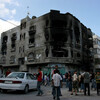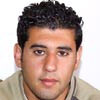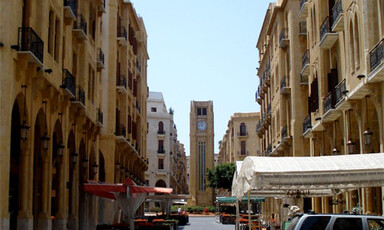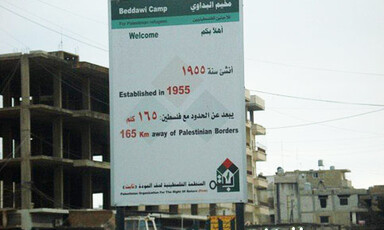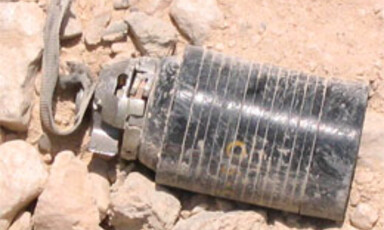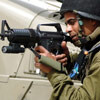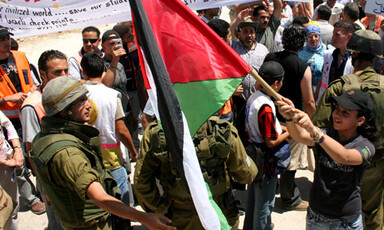
No justice without right of return
12 June 2007
The following is a speech made by Dr. Mona El-Farra at a special meeting at the United Nations headquarters in New York marking 40 years of occupation by Israel of the West Bank (including East Jerusalem) and the Gaza Strip: It is my honour to be amongst you today, despite the gravity of the occasion being commemorated, on this 40th anniversary of the Israeli occupation of the Gaza Strip, the West Bank and East Jerusalem. First, let me say that 2007 is the 59th anniversary of the brutal occupation of the Palestinian people. Read more about No justice without right of return

